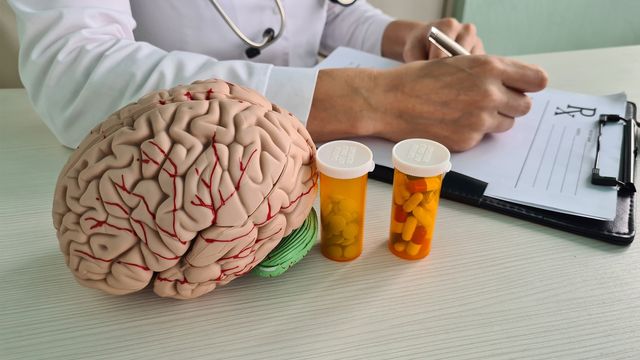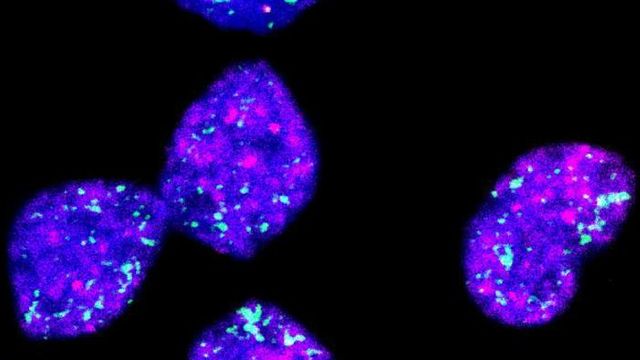Editorial Assistant
at Technology Networks
Rhianna-lily graduated from the University of East Anglia with a BSc in biomedicine and completed her MSc by Research in microbiology at the Quadram Institute Bioscience in 2023. Her research primarily focused on the gut microbiome in pregnant women throughout gestation. During her MSc, she developed a passion for science communication and later joined Technology Networks as an Editorial Assistant, where she works with the news team to cover the latest breaking news and produce Teach Me in 10 videos.
Education
Areas of Expertise
Got a Question for Rhianna-lily Smith?
Get in touch using the contact form linked here and we'll get back to you shortly.

ADHD Medications Cut Risk of Self-Harm by 17% and Crime by 13%

Exercise May Slow or Reverse Epigenetic Aging

Cats With Dementia Show Alzheimer’s-Like Brain Changes

Brain Imaging Uncovers Uneven Aging Patterns in Sensory Regions

Dormant Tumor Cells Found To Fuel Neuroblastoma Relapse

Common Asthma Drug May Block Life-Threatening Food Reactions

MIT Researchers Visualize Metabolism Deep Inside Brain Tissue Without Labels

Memory Issues and Mood Swings: Menopause or ADHD?




